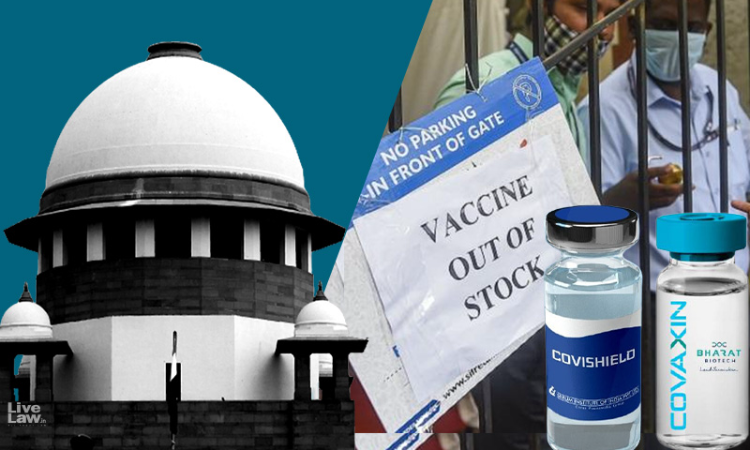Rational & Equitable? Experts Analyze Centre's Affidavit Which Defends COVID Vaccination Policy
Manu Sebastian
12 May 2021 10:38 AM IST

Next Story
12 May 2021 10:38 AM IST
The Central Government has filed an affidavit in the Supreme Court saying that its vaccination policy was formulated based on widespread consultations with experts, state governments and vaccine manufacturers.The affidavit was filed in response to the prima facie observations made by the Supreme Court in its April 30 order that the Centre's vaccine policy was detrimental to right to health...
